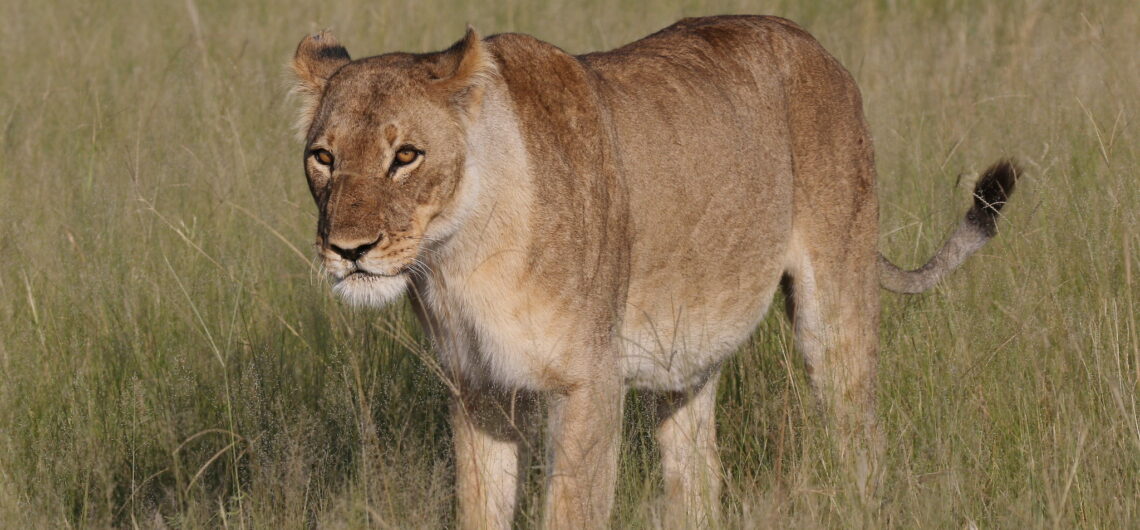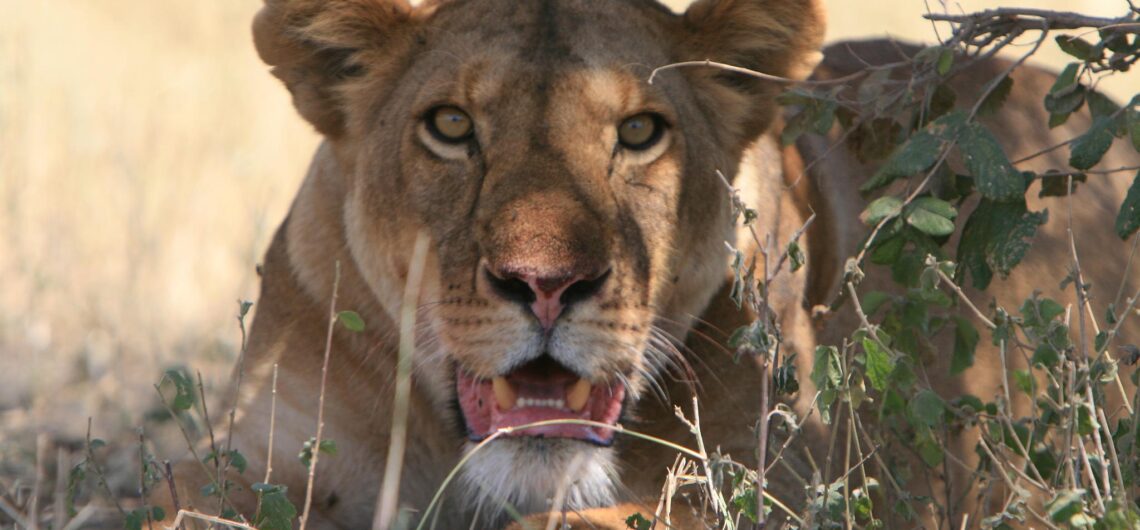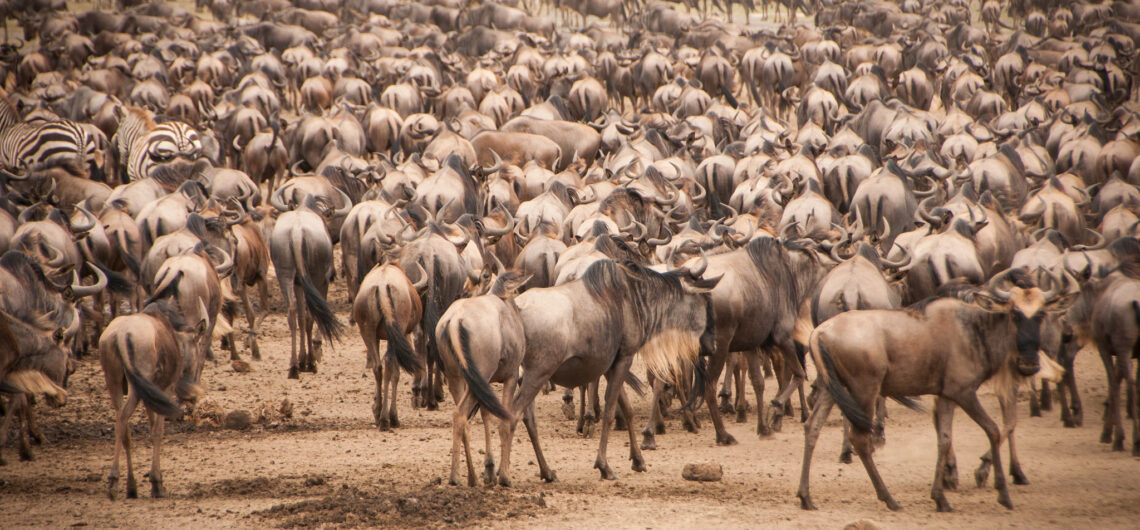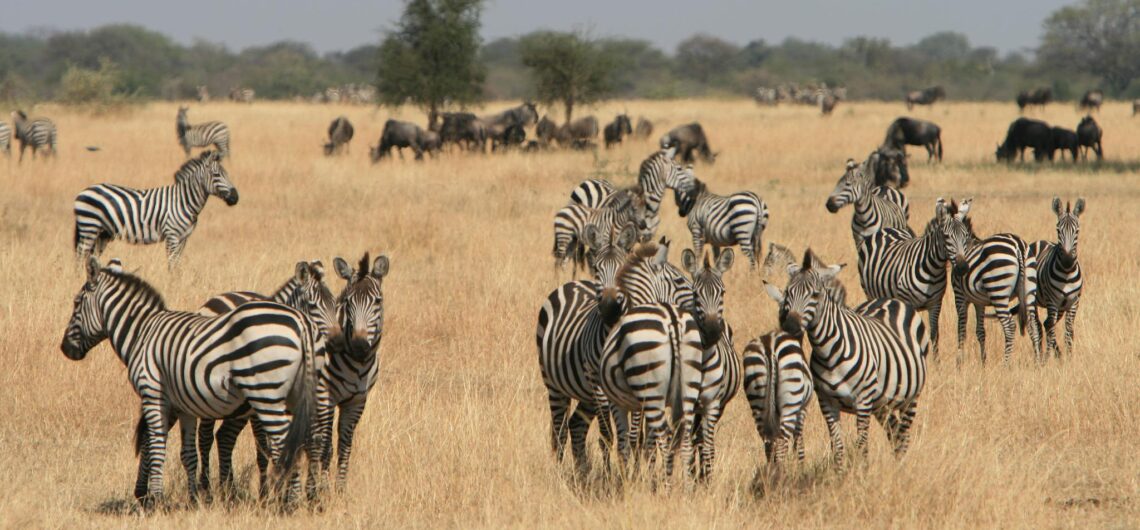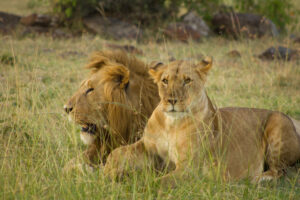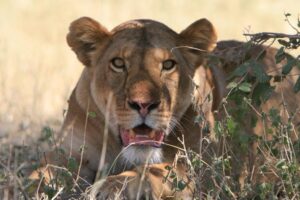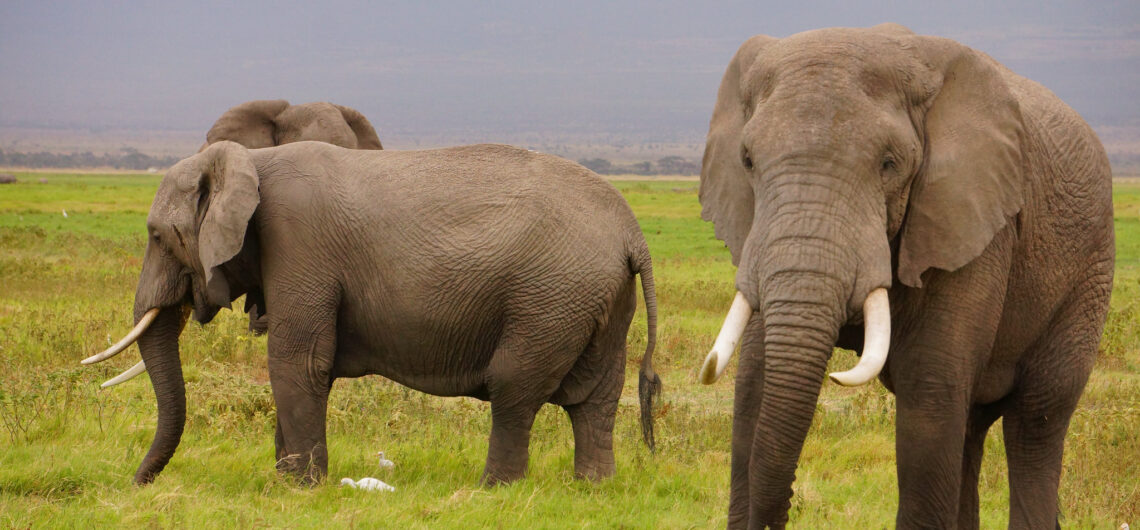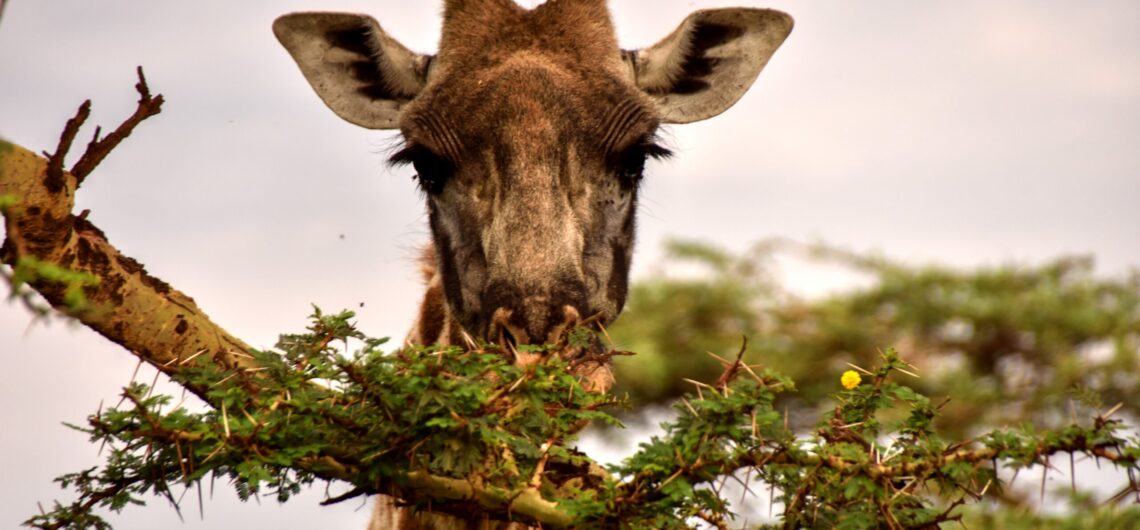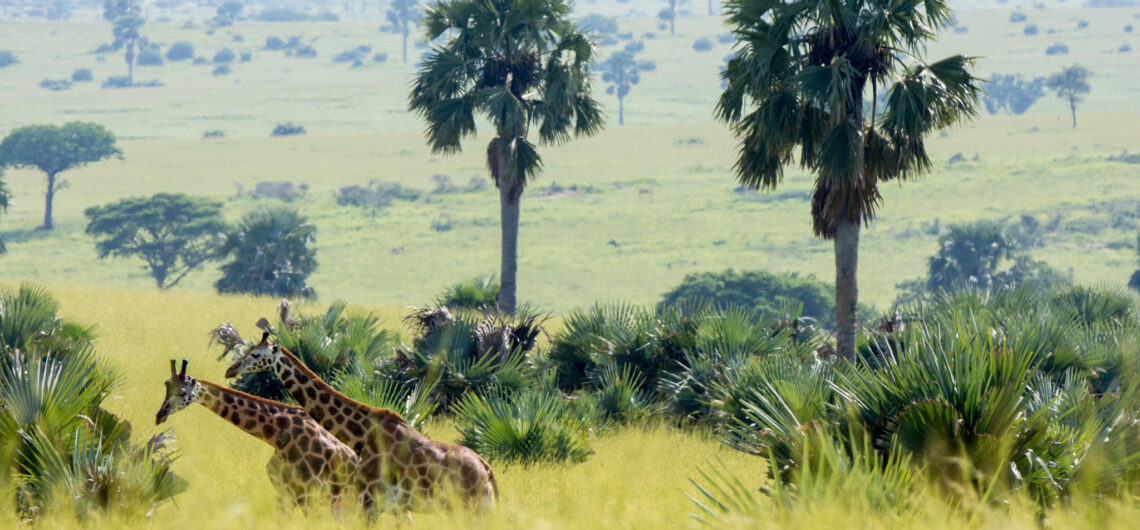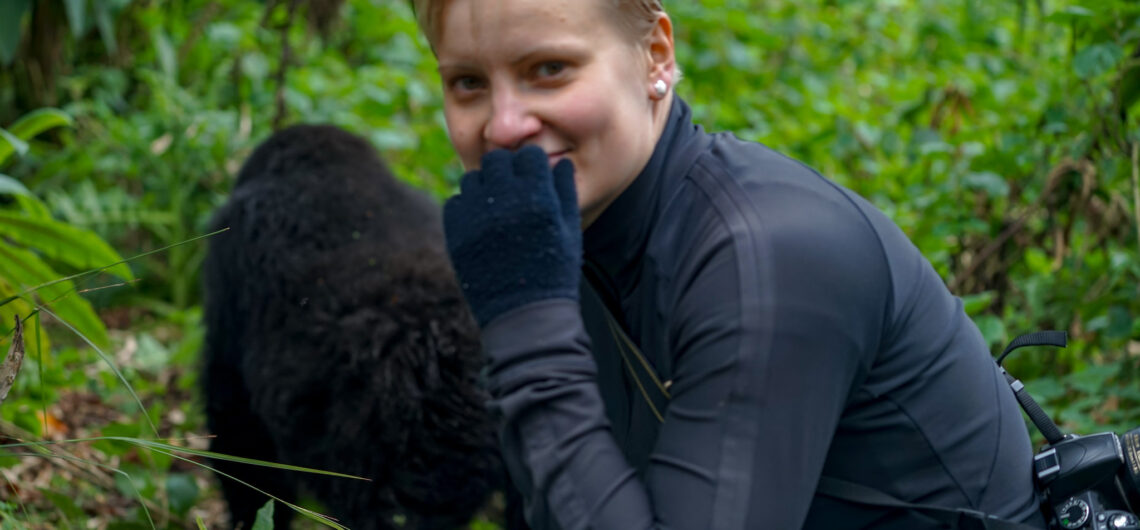Uganda Airlines London Flight Officially Launches: A Game-Changer for Uganda–UK Travel
- Uncategorized
- Entebbe international aviation Uganda Airlines expansion East Africa air travel hub African airlines international growth New African flight routes, Uganda diaspora in the UK Easy travel for Ugandans in London Ugandan community in the UK Direct flight for Ugandan diaspora London to Kampala flight for family visits
Uganda Airlines has officially launched a historic direct connection between Entebbe International Airport and London Gatwick, marking a turning point for Uganda’s aviation industry. This Uganda Airlines London flight is more than a new route — it is a strategic gateway to opportunity, linking Uganda directly with one of the world’s most influential capitals.
This initiative caters to increasing demand for seamless travel between Uganda and the United Kingdom. It significantly reduces travel time, enhances economic ties, boosts tourism, and repositions Entebbe as a key East African aviation hub.

The Long-Awaited Direct Link: Uganda to the UK in Under Nine Hours
For years, Ugandan travelers heading to the UK had no choice but to fly indirect routes through Dubai, Nairobi, Addis Ababa, or Amsterdam. These multi-stop journeys were often time-consuming, costly, and inconvenient.
The Uganda Airlines London flight solves this problem with a non-stop, sub-nine-hour service operated by the state-of-the-art Airbus A330-800neo. This aircraft promises comfort, fuel efficiency, and modern amenities — raising the bar for Ugandan aviation and offering a world-class experience for passengers.
A Boost to Uganda’s Tourism Industry
Uganda’s pristine landscapes, rich biodiversity, and vibrant culture have long attracted global travelers. However, complicated travel itineraries often discouraged visitors from the UK, a traditionally strong tourism market for Uganda.
With the Uganda Airlines London flight, Uganda now becomes an accessible weekend or week-long destination for British tourists. Easier connectivity means greater visibility for experiences like:
- Gorilla trekking in Bwindi Impenetrable Forest
- Game drives in Queen Elizabeth and Murchison Falls National Parks
- Cultural explorations in Buganda and Busoga Kingdoms
- Adventure along the River Nile in Jinja
Tour operators can now offer packages tailored for UK travelers, capitalizing on the direct flight and shortening the decision-making process for tourists. The Ministry of Tourism and Uganda Tourism Board are expected to ramp up their UK marketing campaigns accordingly.
Strengthening Export Logistics and Trade
The Uganda Airlines London flight is not just about passengers — it also carries significant potential for cargo. Uganda exports agricultural products such as:
- Coffee
- Tea
- Fresh fruits and vegetables
- Fish, Beef and Milk
- Vanilla
With a direct air bridge to London, perishable goods can now reach UK markets faster and fresher. This enhances the competitiveness of Ugandan products in Europe and encourages higher-quality packaging, cold chain logistics, and value addition at home.
Exporters will benefit from lower freight costs and faster delivery timelines, helping Uganda diversify its trade partners and attract foreign investment into agribusiness and agro-processing sectors.
Supporting the Ugandan Diaspora in the UK
The Ugandan community in the UK, estimated at over 150,000 people, plays a vital role in the country’s socio-economic development. From remittances to business investments and philanthropy, diaspora engagement is critical.
Previously, long travel times and high costs limited how often people could return home. The Uganda Airlines London flight is a breakthrough — making it easier and more affordable for the diaspora to visit family, attend cultural events, and contribute to development projects.
This direct route supports emotional and economic ties, enhancing Uganda’s soft power and community strength abroad.
Entebbe’s Rise as a Regional Aviation Hub
With Uganda at the crossroads of East and Central Africa, Entebbe is naturally positioned to become a regional aviation powerhouse. The Uganda Airlines London flight forms part of a broader hub-and-spoke strategy, connecting cities like:
- Nairobi
- Kigali
- Juba
- Bujumbura
- Kinshasa
- Johannesburg
Travelers from these cities can now transit through Entebbe on their way to London, making Uganda a vital stop on the continental air map.
This development increases international airport traffic, promotes local employment, and encourages infrastructure upgrades in line with global aviation standards.
Economic Growth and National Pride
Launching a direct international route is a symbol of national ambition. The Uganda Airlines London flight demonstrates confidence, capacity, and capability. It’s a moment of immense pride for the country, showcasing:
- The rebirth of Uganda Airlines
- Growth-oriented national planning
- Visionary leadership in the aviation sector
More air traffic brings economic ripple effects: hotels get busier, restaurants see more customers, and ancillary industries (like taxi services, logistics, tour companies) experience demand growth.
The government’s commitment to improving Entebbe’s facilities and maintaining the fleet shows serious intent to make this route sustainable and profitable.
Sustainable Operations: Why This Route Will Succeed
Operating long-haul international routes is no small feat. Uganda Airlines has invested in sustainability by choosing the Airbus A330-800neo — known for reduced fuel burn and high passenger comfort.
For the Uganda Airlines London flight to thrive long-term, these elements will be essential:
- Competitive ticket pricing
- Excellent in-flight service
- On-time departures and arrivals
- Attractive loyalty programs
- Marketing to both leisure and business travelers
If the airline maintains quality, communicates its value, and adjusts to market needs, this route could become the flagship for Uganda’s global aviation aspirations.
What This Means for Uganda’s Global Image
The launch of the Uganda Airlines London flight is being closely watched by the international aviation community. It signals that Uganda is stepping up — becoming a serious player in international logistics, trade, and tourism.
It also reinforces Uganda’s position as a stable and rising economy worth investing in. International conferences, diplomatic missions, and trade exhibitions in Uganda will benefit from this new connection, drawing more visitors and building confidence in Uganda’s infrastructure.
What We Think at EBS Tours
At EBS Tours, we believe the Uganda Airlines London flight is a game-changer. It opens up Uganda to more tourists, business partners, and diaspora connections. As a tour company committed to promoting Uganda’s beauty and heritage, this route helps us serve our clients better, especially those from the UK.
It’s now easier than ever for British travelers to land in Entebbe and begin their adventure with us — whether for wildlife safaris, cultural immersions, or weekend getaways.
We anticipate a rise in bookings and look forward to collaborating with stakeholders to make the most of this aviation breakthrough.
The Sky Is No Longer the Limit
The Uganda Airlines London flight isn’t just a travel route — it’s a bold statement. It reflects Uganda’s readiness to connect, compete, and contribute on the global stage. With smart planning and strategic execution, this flight can help shape Uganda’s future in tourism, trade, aviation, and development.
This is the beginning of a new chapter in Uganda’s global story — and the best part is, it takes just nine hours to reach London.



